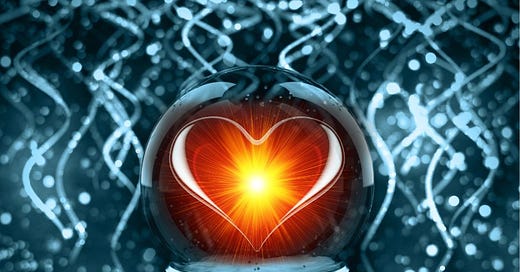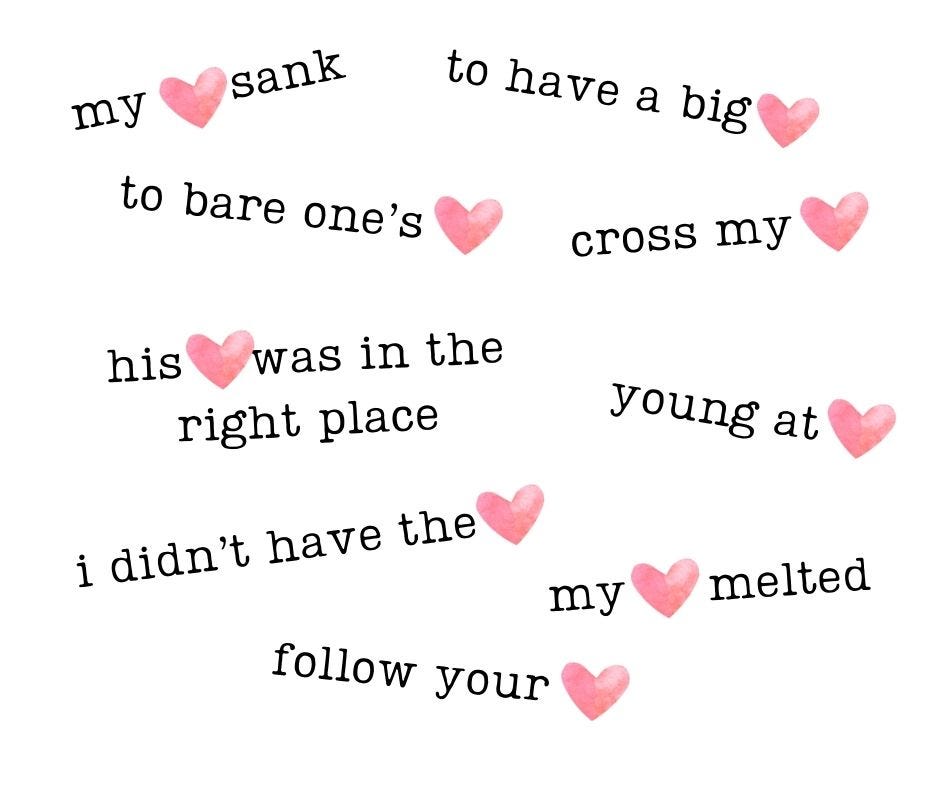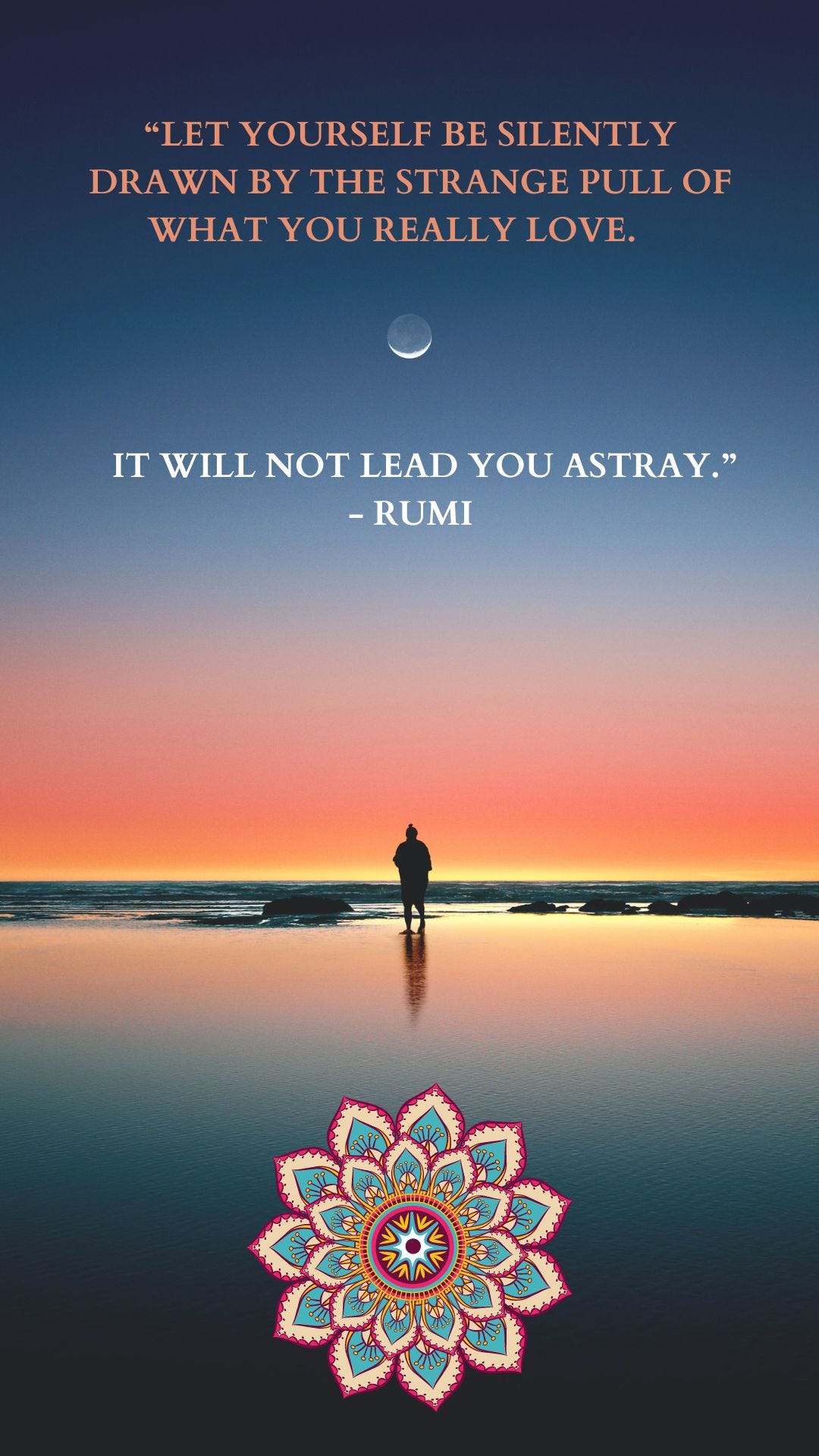Let’s try a little experiment.
Imagine you are at a gathering and you’ve given your coat over to the host to put in the bedroom in that typical huge pile of outerwear, and at the end of the evening, in a desperate attempt to get the late-night stragglers out of her house so she can go to sleep, she brings the few remaining coats down. She holds up your coat asking whose it is. You answer “That’s mine”.
Where on your body do you indicate that it is yours?
Ok. Next scenario. You’ve had an argument with your partner and you’ve realised the errors of your ways and the role you played in the dispute. You want to make amends and say sorry. They’re really hurt and offended (their inner child no doubt also lapping up the attention).
“I’m so sorry”, you say. Where might you indicate on your body how sincere and deeply sorry you are?
Let’s see about this one. In a court of law, for a witness to make a sworn testimony, they swear by something, traditionally the Bible. Where do they places their hands?
Last one. If I were to ask you to point to yourself, on your body, saying “me”, where would you indicate?
There are bound to be some outliers here, or perhaps not, but the rule of probability will state that it is so, but I would bet a fair amount that most would indicate right about here:
Let’s look at this some more.
An ex partner and I had a really touching moment when we were first getting to know each other. I remember it vividly and though the relationship is over, I hold it dear to my, you guessed it, heart.
We were travelling by car and had stopped for a break. Before we got out of the car, we had a little smooch. Oh those kisses would really transport both of us “to another planet” as he would often say as we’d then stare mesmerised at how powerful the feeling was. On this particular situation, we looked deep into the others’ eyes and then simultaneously without saying a word, reached one hand over and placed it on the other’s chest, right where the heart was. We stayed like that, feeling the heart beat of the other for some time, emotions overflowing. At the time I wasn’t a spiritual person whatsoever, but there was certainly something mystical about that moment.
Even if we look at how we speak about the heart, it is quite telling.
We don’t learn something by brain, or by gut. We learn something by heart. At least in English we do.
That situation we looked at with the couple making amends. To further emphasise the depth of the apology, one might also say “hand on heart, I really didn’t mean to upset you”.
And when you’re in friction with a loved one, or you are suffering heartache, you might clutch at your chest, feeling real physical pain caused by the emotions. You don’t feel the emotions in your arm. Having said that, of course all E-motions (Energy in Motion) courses throughout the body and can be felt all over, but we experience it most in our chest, in our heart.
Here below are some more every day expressions that popped into my head. I’m sure there are many more, I’d be curious to see what comes up for you, so leave a comment with what comes into your head - or heart!
To say the heart plays a key role in our body is an understatement to say the least. The HeartMath Institute is one of the international bodies that does great work in researching and then teaching about the power of the heart. It is much more than a blood pump, as conventional scientists and surgeons tend to think, and these views are starting to be challenged on a larger scale. The heart is the most powerful centre of intelligence in the body, more so than the overglorified brain.
A neurologist, Dr Andrew Amor, from Montreal, Canada, discovered that there is a sophisticasted collection of neurons in the heart, organised into a small but complex nervous system. In essence, this complex nervous system is like a little brain in the heart, and the types of neurons in the heart have both short and long-term memory. It sends powerful commands to the brain and then to the rest of the body through neurological communication.
In ancient civilisations and spiritual teachings, the heart has always been considered the centre of each being, the source of inspiration, intuition and insight. It is where we connect to the Divine. Modern science is starting to realise what these ancient civilisations knew a long time ago. In the field of neurocardiology, scientists have discovered that the heart possesses its own intrinsic nervous system, a network of brain cells, with over 40,000 neurons.
In 1983, the heart was reclassified as a part of our hormonal system. As we are starting to see, the heart is far more than a pump, and this is declared by conventional, allopathic medical science itself.
From an energetic perspective, it is an electrical organ and produces by far the strongest source of bio-electricity in our bodies, up to 40 to 60 times stronger than the second most powerful source, the brain.
Studies looking at the pre-stimulus of the heart have shown that the heart receives information first and then relays it to the brain. The heart senses danger before we realise it. The heart has a physical response and it pre-emptively knows what to prepare the body for. It is our intuitive hearts which protect us from danger before it is actually present.
We know and accept this as regards the animal kingdom, but when it comes to us, I often find there’s a lot of reticence to compare ourselves so closely to other species. We are the same, just less aware as we’re often stuck in the mind, so our innate, intuitive, more animalistic senses are dumbed down. When we come into this life, we have everything we need and much like Mowgli, if we were to grow up more in touch with nature and the nature within us, we would develop far more physical and sensorial skills than the average person in a modern town or city. Our society and educational systems are based on an encephalocentric model rather than the cardiocentric model. From what I have learned through life and through my studies in Heart Intelligence, Heart-Brain coherence is the sweet spot, where both centres of intelligence work together, in harmony, helping each other out.
Another fascinating area of research is heart and organ transplants. A book I recently discovered, is “The Heart’s Code” by Paul Pearsall, which explores science and spirituality, looking at how it is the heart which unites body, mind and spirit. In it, he speaks of research done on the transference of memories though organ transplantation. He interviewed nearly 150 heart and other organ transplant recipients and from his research he proposes the idea that cells of living tissue have the capacity to remember. In the study “Changes in Heart Transplant Recipients That Parallel the Perosnalities of Their Donors” he conducts open-ended interviews with ten heart or heart-lung transplant recipients, donors or families and friends and reports striking parallels.
In one case, a young boy who wrote poetry and composed songs, was killed in a car crash. A year after he died his parents found a recording of a song he’d written, entitled “Danny, my heart is yours”, which spoke of how he was destined to die and give his heart to someone. In reality, the recipient of his heart was named “Danielle”, but most knew her as “Danny”. She was 18 and when she met the boy’s parents, they played some of his songs for her. Curiously, she already knew them and had in fact started writing her own songs about how her donor had saved her life by giving her his heart. She felt they’d been lovers in another time somewhere.
There are many examples of this in the book and the study, and the more I look, the more I feel such love for my own heart, to everything it does for me, to keep me safe, to help guide me and in how I also process this emotional rollercoaster that is life.
Many studies are constantly being done on the heart, and the more I look at it, the more I realise that whether we follow the scientific or spiritual route, all the roads lead to our Hearts.
In this article, an Australian study named Hearts Aligned, looked at the entrainment and synchronisation of the hearts between dogs and their owners. It’s worth watching the video, I found it very touching to say the least.
Studies have also shown that the HRV (Heart Rate Variability) of people who are closely bonded together, easily sync up with the power of thoughts and emotions combined, regardless of whether they are in the same physical place or at a distance. Their hearts synced up just by feeling love for each other.
Here are some more studies, if you’re curious:
Choir Singers Who Sing Together Have Synchronised Heartbeats - Gothernburg University
Fire Walkers Heart Rates Sync with their Watching Loved Ones - Aarhus University
Lovers’ Hearts Neat in Sync - University of California
Heart Rhythm Entrainment Between Two People - HeartMath Istitute
I’ll end on something which is dear to my heart, pardon the pun.
Music and the Heart
In a study on the Heart Rate Variability of Singing Together, - researchers measured the heartbeats of fifteen choir singers. The findings showed that their hearts, in a short space of time, synchronised.
When people sing together, their hearts beat together.
Even more reason to find a choir or group of friends to sing with, or attend a singing circle, and, yup, here’s another one, sing your heart out.
Thank you for being with me until the end of this exploration of the Heart. In these rather confusing and turbulent times, I find that bringing myself back to a place of stillness, reducing the distractions and coming back to the breath, I am able to feel more connected to my heart and to its loving guidance. Best done barefoot in nature, but even if you can’t get out there, you can find the nature within yourself by placing a hand on your heart, breathing in time with your own heartbeat and slowing the outside world for just a moment. That moment may feel like a welcomed eternity.
I recently read the following, which really resonated with me:
If the eyes are the windows to the soul, the heart is the doorway.
I hope spirituality and science come together more and more, and that we continue to grow and embrace the power of the heart, and in the infinitely wise and beautiful words of Rumi, I’ll end this article on my all-time favourite quote by the great Sufi poet:












Indeed dear Sonia "it's the heart that is most important". As taught in the Nichiren Buddhism I practise, as well as validated by heart math research. Whether we chant or learn the heart mastery possible through using heart math tools - scientific research and spiritual teachings all point to the importance of listening to our heart. Thank you for bringing our attention here.